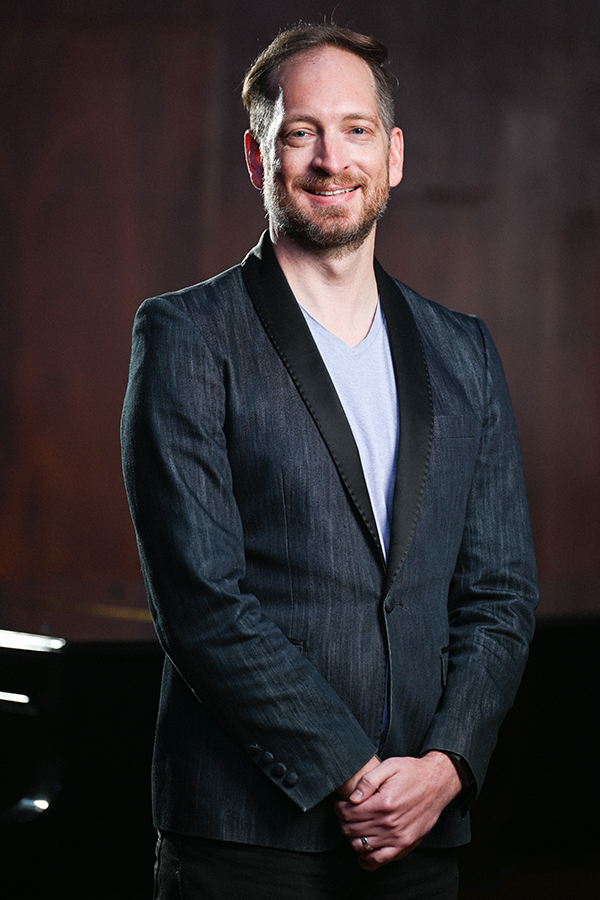Aristotle said that music has the power to form the character and should therefore be introduced into the education of the young. This quote is befitting of the Musical Arts in South Africa: Resources and Applications (MASARA) research niche area at the North-West University (NWU).
MASARA is part of the NWU’s School of Music and Conservatory, and their focus is music and music well-being. The research niche area also focuses on the conservation and use of indigenous music and was established in November 2008.
“Through music and well-being, we provide people who have not had a music education access to music. We do this by focusing on topics such as people in the industry who were previously disadvantaged and discriminated against, such as black composers and women. It is an indirect way of creating well-being by focusing on issues like that,” says Prof Chris van Rhyn, MASARA research director.
MASARA’s research centres around themes such as ethnomusicology and musicology, music education, religious music, performance and research, community projects and creative application, and music and psychology.
They also aim to expand the collective knowledge of diverse musical experiences and to develop relevant research as well as creative outputs in music and well-being in national and international settings. This includes pursuing a cooperative research culture that is socially relevant and scientifically recognised.
MASARA oversees the six postgraduate programmes in music, and they produce research outputs and creative outputs such as music performances and music compositions.
According to Prof Van Rhyn, the types of research they are conducting have expanded to other areas of southern Africa. It is something he is proud of. “There are always overwhelming possibilities for research. We aim to make our research accessible on public platforms so that it can have an impact.”
Research and community engagement
One of their focal points in research is community music projects. They did a study titled “Social cohesion through community music (SoCoMe)” in 2021. They go into communities and teach people how to make music while making music with them and creating a sense of musical cohesion. One of the sites of the SoCoMe project was the Musikhane project, which is run by the School of Music.
The Musikhane Community Music Engagement Programme strives to create opportunities for meaningful musical experiences for learners and student teachers involved in the community music programme.
“Musikhane improves the lives of members of the community by providing greater access to meaningful music and educational experiences. Through music and movement, participants explore what it means to be part of a community of learners, developing their musical and social skills along the way.”
Prof Van Rhyn says student teachers experience the ecstasy and frustrations of teaching in a real-world setting, equipping them to become future music teachers and community music practitioners.
For further information about the Musikhane Community Music Engagement Programme, please contact Dr Janelize Morelli, who is the programme leader for the diploma in music at the School of Music and Conservatory.

Prof Chris van Rhyn
